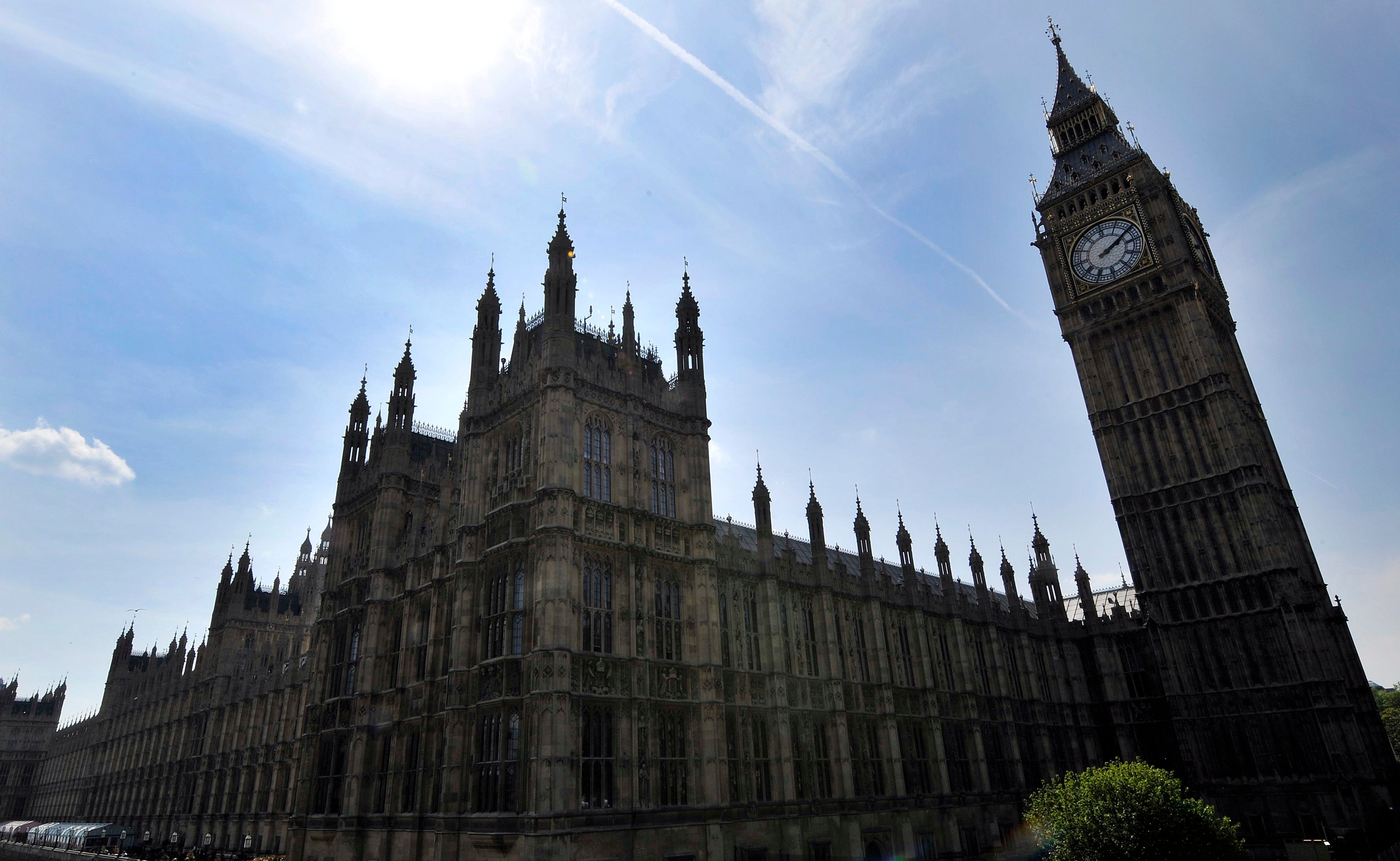What are the rules about lying to parliament?
‘Knowingly misleading parliament’ – as the ministerial code states – is a high bar because MPs have to make a decision about state of mind, writes John Rentoul


The ministerial code says: “Ministers who knowingly mislead parliament will be expected to offer their resignation to the prime minister.” If they are the prime minister, the implication must be that they should offer their resignation to the Queen – who, because she doesn’t interfere in politics, would have to accept it.
But who gets to decide whether Boris Johnson has fallen foul of this long-standing constitutional convention? In the end, it is a decision of raw politics, made by the House of Commons as a whole. Given that the prime minister’s government has a working majority of 75, the verdict is not really in doubt as long as Johnson retains the confidence of his own party.
That does not mean he will be in the clear regardless of the police investigation and the report by Sue Gray, the senior civil servant, which is expected to be published on Wednesday.
First, the question of whether he has “knowingly misled” parliament has been referred to a committee of MPs called the committee of privileges. The motion of referral was amended by Labour and passed unopposed on 21 April, because Alan Campbell, the Labour chief whip, worded it carefully. This forced Chris Heaton-Harris, his Tory opposite number, to avoid a vote in which Tory MPs would have rebelled in large numbers. As a result, the motion said that the assertions about Downing Street parties made by “the right honourable member for Uxbridge and South Ruislip” – that is, Johnson – “appear to amount to misleading the house”.
That is importantly different from “knowingly” misleading the House of Commons, but it starts off the committee of privileges inquiry with the prime minister on the defensive.
The committee is a small one, with just seven members, one of whom, Chris Bryant, the Labour MP who chairs it, has stood aside from the inquiry because he has already condemned Johnson in emphatic language, which could have pre-judged its findings. The other six members are about to become more famous than they have been until now. They consist of four Conservatives, one Labour MP and one Scottish Nationalist. The Tories are Alberto Costa, Laura Farris, Sir Bernard Jenkin and Andy Carter. Farris has said she is likely to resign as a parliamentary private secretary, an unpaid post usually regarded as the first step towards ministerial office, in order to keep her place on the committee (otherwise she might have to stand aside, as Bryant has done, because her impartiality would be in doubt). The remaining Labour member is Yvonne Fovargue, who was one of the group of MPs before the last election who were unhappy with the party’s policy of a second EU referendum. The SNP representative is Allan Dorans, a former police officer who was first elected in 2019.
With a Tory majority of four to two, the committee ought to be safe territory for the prime minister, but MPs on grand committees such as privileges and standards tend to take their quasi-judicial role seriously and resent any implication that they will be influenced by party loyalty.
Even so, “knowingly misleading” is a high bar, because the MPs would have to make a ruling about the state of the prime minister’s mind. It may seem obvious to an outsider that Johnson must have known that there were parties, and that the rules were not necessarily followed at all times, but it would be hard to prove that he did know unless there is evidence that he was warned (look out for that in Gray’s report).
Whatever the committee decides, it would have to be voted on by the whole House of Commons. The decisive verdict will be delivered by Conservative MPs. Either they will allow Johnson to continue as their leader and prime minister, in which case they will back him. But if 54 of them privately request a vote of confidence, then all 359 will have to decide if they want Johnson to carry on. That decision will be about what they think of their prospects at the next election, but it will be influenced by the strength of the case against the prime minister.
Join our commenting forum
Join thought-provoking conversations, follow other Independent readers and see their replies
Comments